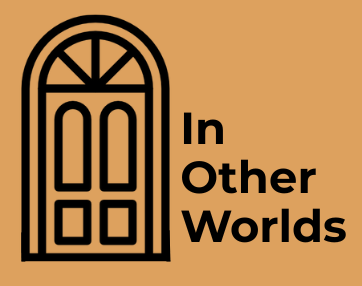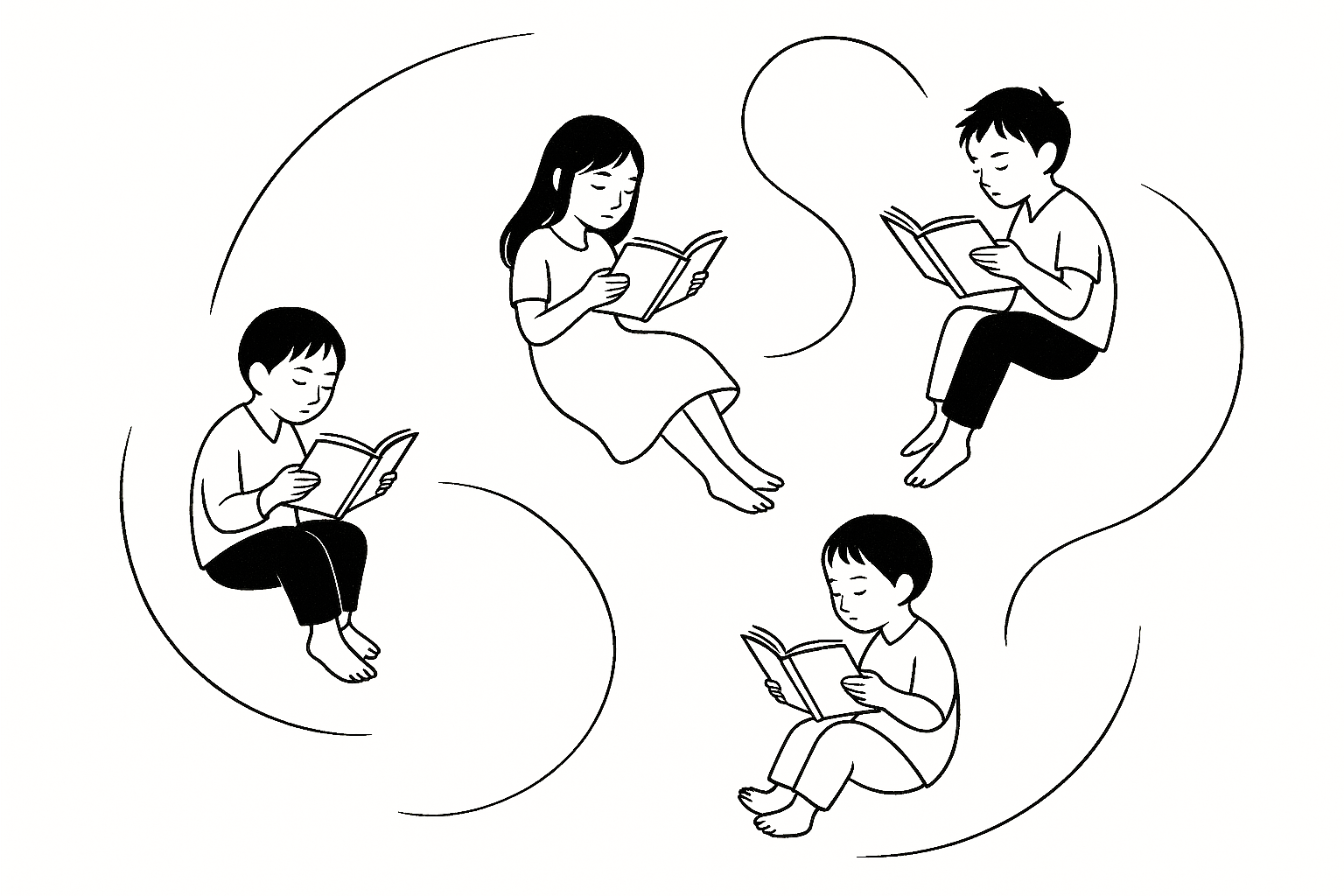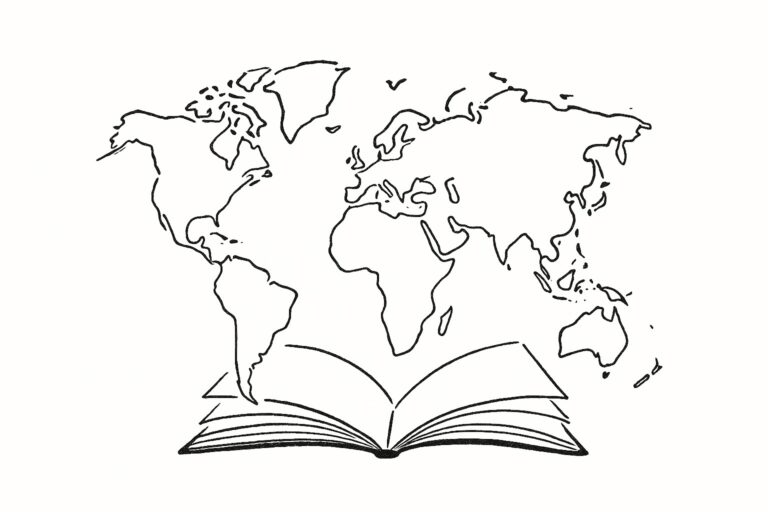The Children’s Booker Prize has just been announced by the Booker Prize Foundation. Aimed specifically at fiction for children aged eight to twelve, the prize will launch in 2026, with its first winner to be revealed in early 2027. Worth £50,000, the award will mirror its adult counterparts in scale and ambition.
Crucially for the world of translation, eligibility extends to works written in or translated into English, provided they are published in the UK or Ireland. With this announcement, the spotlight falls not only on children’s fiction generally, but on the narrower field of translated children’s books – an area that has long existed quietly on the fringes of UK publishing and is now poised for fresh attention.
How Translated Children’s Books Stand in the UK Today
The UK’s interest in translated literature has grown steadily over the past decade, but the market remains small. According to data compiled by Nielsen for the Booker Prize Foundation, translated fiction accounted for 3.3 per cent of all fiction sales in the UK in 2022, representing more than 1.9 million books sold, a 22 per cent increase on 2021.
Yet no comparable data exist for children’s publishing. Despite the prominence of translation in the adult market, the number of translated children’s books published in the UK each year is not officially recorded. Industry observers suggest that the share is likely far lower than in adult fiction. The absence of clear data itself reflects the marginal status of translated children’s literature within UK publishing.
Still, the imbalance is visible without exact figures. Translations for young readers are rarely reviewed, seldom shortlisted for major prizes, and only a handful reach wide distribution each year. The launch of the new Children’s Booker Prize – open to works written in or translated into English – could begin to shift that balance and bring these titles greater visibility.
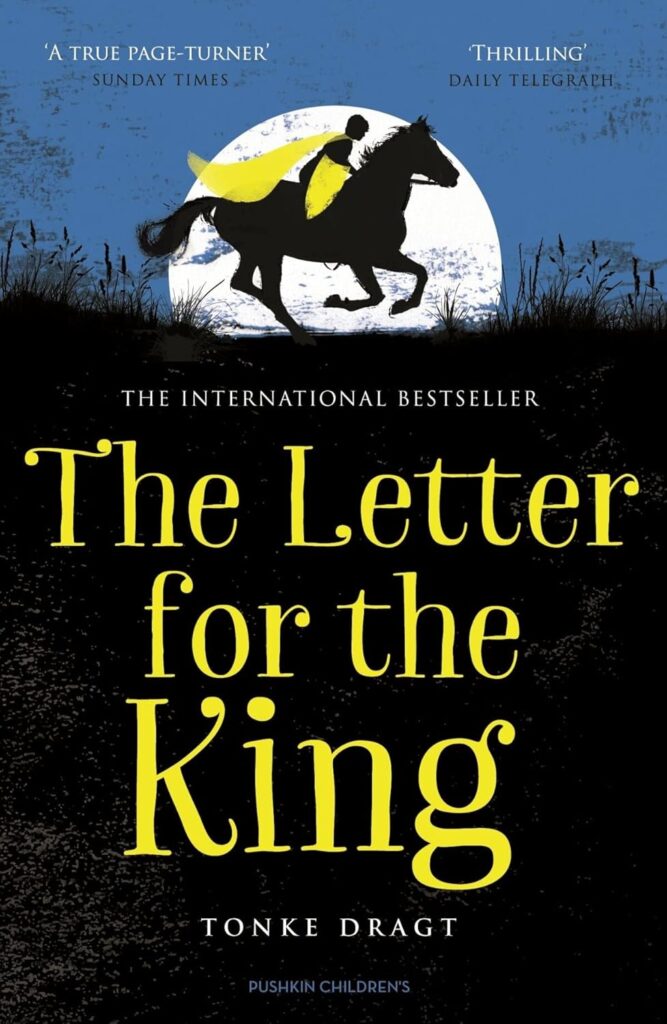
Recent Highlights in Translated Children’s Books
Although only a small number of translated children’s books reach UK shelves each year, several have shown how powerfully stories can travel across languages when publishers and translators take the risk.
Among the most celebrated is The Letter for the King by Dutch author Tonke Dragt, translated by Laura Watkinson and published by Pushkin Children’s Books. First written in 1962 and revived in English in 2013, it remains a touchstone for middle-grade adventure fiction, proving that a story born in another language can achieve a lasting presence in the UK market.
For younger audiences, Gecko Press has introduced playful, offbeat works such as Inside the Villains by French author Clotilde Perrin, translated by Daniel Hahn. Its catalogue demonstrates how translation thrives in picture-book form, where stories and images speak a shared visual language.
Other independent presses have also contributed distinctive voices to this growing field. Flying Eye Books, an imprint of Nobrow, combines strong design with a global outlook, publishing and translating illustrated titles that bring international stories to English-speaking readers. Its list includes creators such as Italian illustrator Simona Ciraolo, whose Hug Me has become one of its most recognisable titles.
Together, these examples show that the readership for translated literature among children is real, if still under-served. They suggest that when the forthcoming Children’s Booker Prize opens its submissions to works written in or translated into English, it will find a foundation of proven creativity already in place – evidence that Booker Prize translated children’s books could become not just a new category, but a new current in UK publishing.
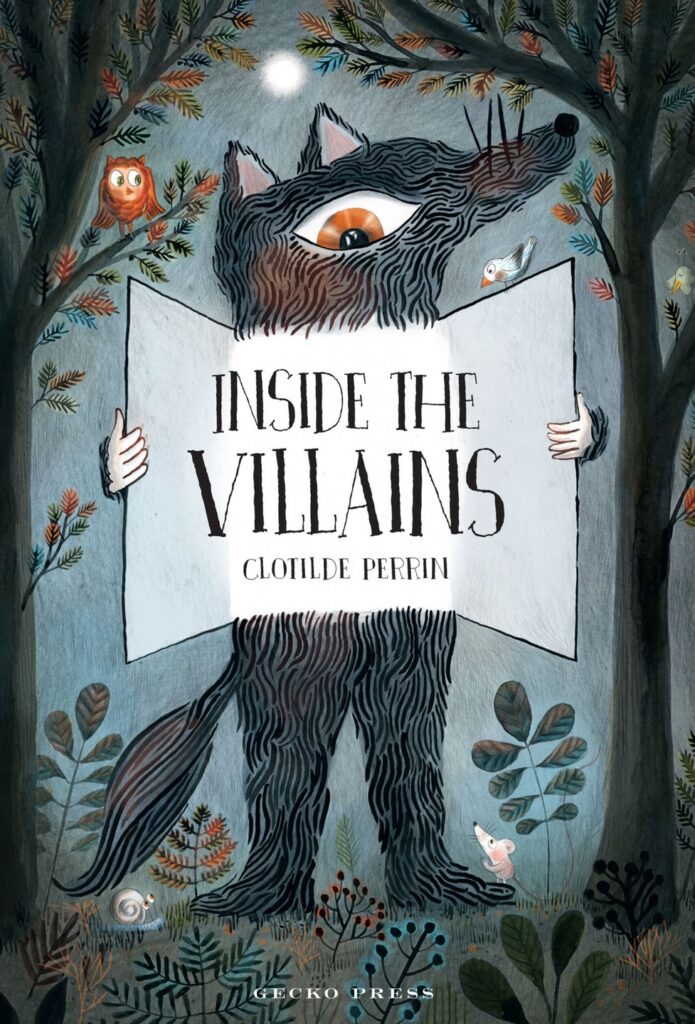
A Turning Point for Translated Children’s Books
The launch of the Children’s Booker Prize marks more than a new award in UK publishing. Beyond its headlines, the initiative offers a structural opportunity to bring translated stories to the centre of children’s reading culture.
For publishers, the award could act as a market signal: recognition that translated fiction for younger readers deserves investment and visibility. Prizes often reshape what is acquired and promoted. Just as the International Booker Prize helped expand the adult fiction market for works in translation – with UK sales of translated fiction growing 5.5 per cent in 2018 and continuing to rise according to Nielsen IQ (2024) – a children’s counterpart may encourage editors to look beyond the English-language lists they already know. Rights teams might begin to scout not only for the next domestic bestseller but also for stories from Europe, Asia or Africa that can travel well in translation.
For authors and translators, it could mean greater validation and visibility. Children’s translation has long been treated as a niche discipline, despite its linguistic and cultural complexity. A Booker-level platform would elevate the role of the translator, giving their work the same prestige enjoyed by writers of original English-language fiction. It could also nurture partnerships between UK editors and international publishers, creating the infrastructure for future Booker-eligible works.
For readers, the impact could be cultural rather than commercial. When a child reads a story first told in another language, they encounter the unfamiliar not as difference but as discovery. In classrooms and libraries, those encounters can help build empathy and global awareness – qualities often associated with reading itself.
If the Booker Prize Foundation’s 2023 research showed that younger audiences already buy a significant share of translated fiction – nearly half of all translated-fiction buyers in 2022 were under 35 – then the next step is clear: to reach them earlier, while they are still forming their lifelong reading habits. A prize that rewards both imagination and translation could make that possible.
In this sense, the new award may do more than celebrate individual titles. It could redefine what is visible in UK children’s publishing – turning translated books from the margins of the shelf into part of the mainstream, and ensuring that future Booker Prize translated children’s books reflect the full range of stories the world has to offer.
